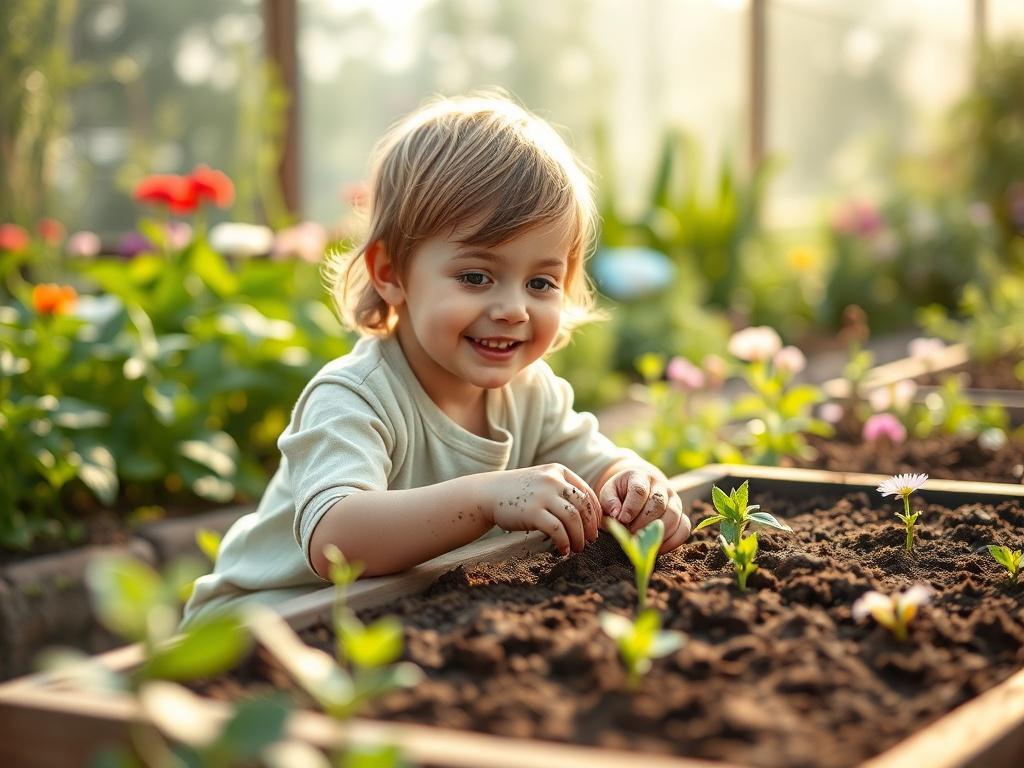
In today’s fast-paced educational landscape, hands-on learning emerges as a dynamic and effective approach that captivates children’s interest and enhances their understanding. This method, often referred to as experiential education, allows students to actively engage with concepts rather than passively absorb information. By participating in activities that encourage exploration and problem-solving, children discover the joy of learning and develop a deeper connection to the material.
Explore the advantages of experiential education for children, and you'll find that it significantly boosts engagement and retention. Children are natural explorers, and when they can interact directly with their environment, they not only grasp complex ideas more effectively but also build critical thinking skills. Moreover, hands-on experiences equip kids with real-world skills that prepare them for the future, making learning both enjoyable and impactful. In this blog post, we will delve deeper into the benefits of hands-on learning and highlight its essential role in nurturing well-rounded, capable individuals.
Understanding hands-on learning: A powerful educational approach
Hands-on learning, often referred to as experiential education, involves engaging students directly in a learning experience. This method places emphasis on active participation, allowing children to learn through doing rather than merely listening to lectures or reading texts. By involving students in real-world activities, hands-on learning fosters critical thinking, problem-solving, and creativity. In this interactive environment, children can explore concepts, make discoveries, and apply their knowledge in practical settings, ensuring that learning becomes a dynamic and enjoyable process.
The effectiveness of hands-on learning lies in its ability to connect theory with practice. When children engage in hands-on activities, they form meaningful connections with the material, which enhances understanding and retention. Research shows that students who participate in experiential education often exhibit deeper comprehension of subjects, as they can visualize and manipulate the concepts they are learning. This approach not only cultivates a love for learning but also instills a sense of curiosity, encouraging children to explore their interests further. Through hands-on experiences, students develop a more profound appreciation for the world around them and cultivate a lifelong passion for knowledge.
Explore the advantages of experiential education for children: Boosting engagement and retention
Hands-on learning captivates children's interest and transforms them into active participants in their education. Unlike traditional lecture-based approaches, experiential education encourages students to engage with the material directly, leading to a deeper understanding of the concepts they are studying. Through projects, experiments, and real-world applications, children can see the relevance of their lessons, sparking curiosity and motivation. This heightened engagement reinforces learning, allowing students to absorb information more effectively than through passive listening alone.
Moreover, hands-on learning enhances memory retention. When children actively participate in their education, they create stronger neural connections related to the material they are learning. By engaging in discussions, collaborative problem-solving, and practical applications, students develop critical thinking skills and a sense of ownership over their learning journey. These experiences lead to better retention of information, which helps children succeed academically and supports lifelong learning. Overall, experiential education lays a solid foundation for developing enthusiastic, inquisitive learners who are prepared to tackle challenges both inside and outside the classroom.
Real-world skills: How hands-on experiences prepare kids for the future
Hands-on learning equips children with essential real-world skills that transcend traditional education methods. As they engage in practical activities, such as science experiments, field trips, or collaborative projects, they not only grasp theoretical concepts but also develop critical thinking and problem-solving abilities. These experiences encourage students to ask questions, explore solutions, and adapt to changing circumstances, preparing them to navigate the complexities of life outside the classroom. By actively participating in their learning, children build confidence in their capabilities and discover how their knowledge applies to real-world situations.
Moreover, hands-on experiences promote teamwork and communication skills, which are vital for success in today’s collaborative work environments. As children work together on projects, they learn to listen to different perspectives, share ideas, and convey their thoughts effectively. These interactive educational settings foster a sense of responsibility and accountability, as students understand the importance of contributing to a group effort. Ultimately, hands-on learning not only enriches academic knowledge but also cultivates the interpersonal skills and adaptability that empower children to thrive in an ever-evolving world.